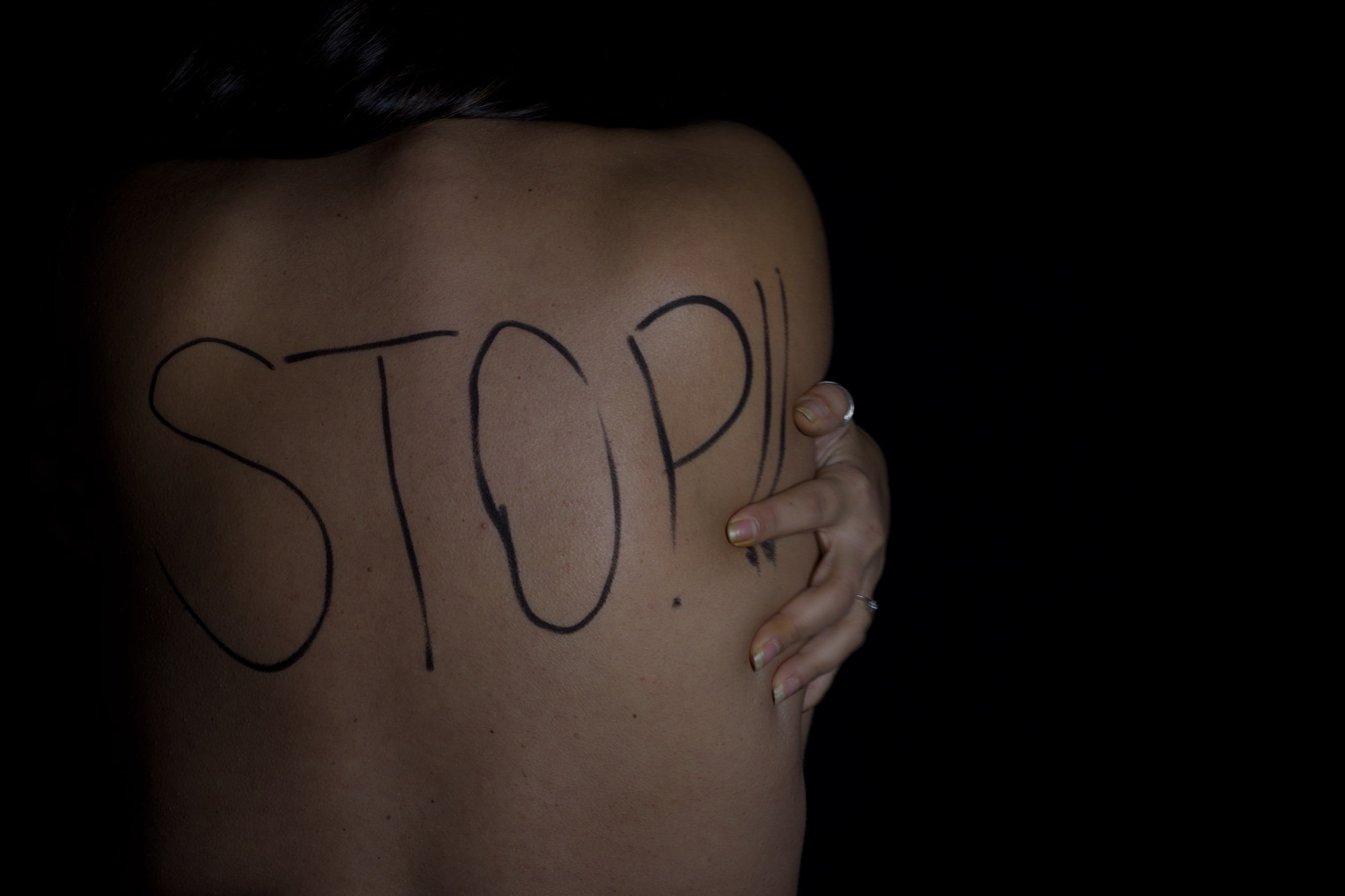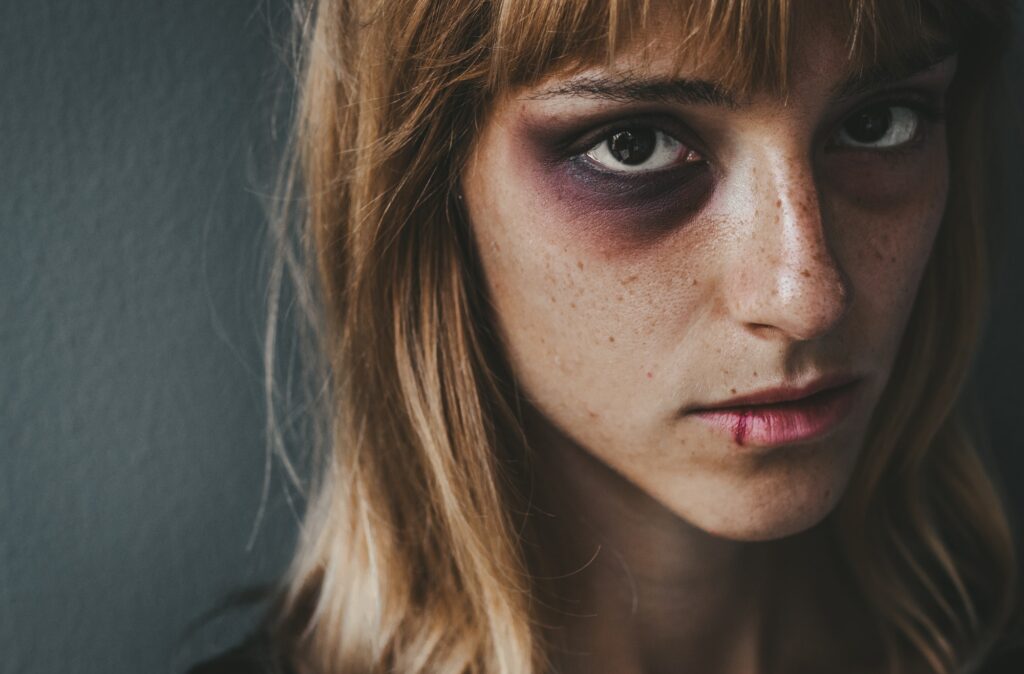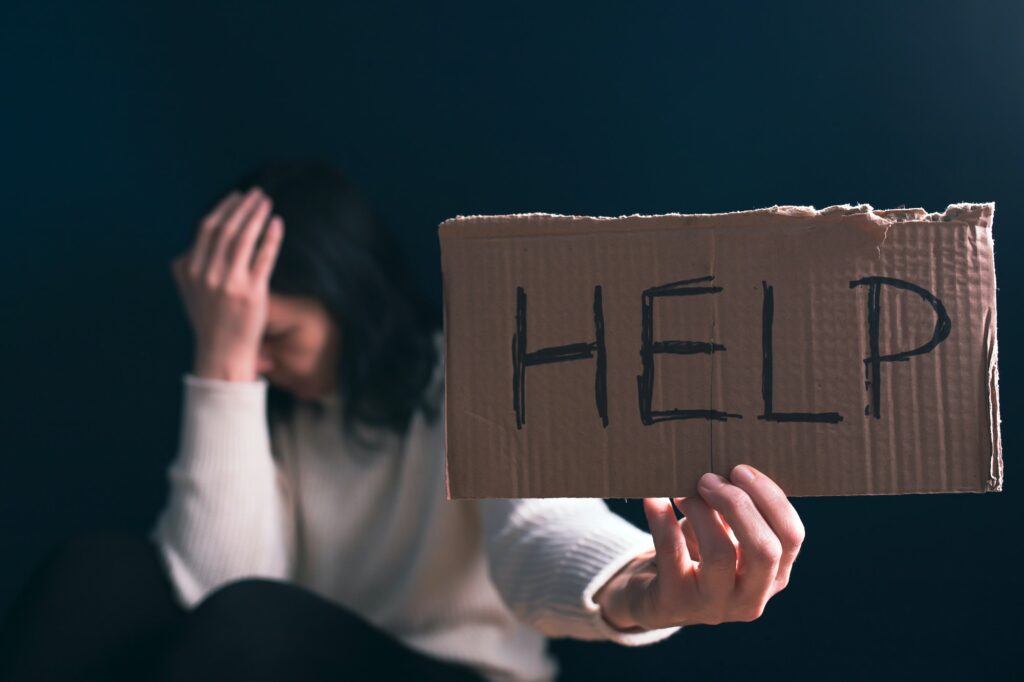Address
33-17, Q Sentral.
2A, Jalan Stesen Sentral 2, Kuala Lumpur Sentral,
50470 Federal Territory of Kuala Lumpur
Contact
+603-2701-3606
info@linkdood.com
Address
33-17, Q Sentral.
2A, Jalan Stesen Sentral 2, Kuala Lumpur Sentral,
50470 Federal Territory of Kuala Lumpur
Contact
+603-2701-3606
info@linkdood.com

Let’s dive into what’s happening in Italy right now. There’s a big movement against violence towards women, sparked by a really sad event – the murder of Giulia Cecchettin, a university student. This has got people all over Italy stepping up to say enough is enough.

Giulia Cecchettin’s murder has hit Italy hard. It’s not just about her, though. It’s about a bigger problem – violence against women, which is still a big issue in Italy. Her death has made people really angry and pushed them to take to the streets.
You’ve got people in big cities like Rome, Milan, and Naples coming together in huge numbers. They’re all saying the same thing – it’s time to stop violence against women. These protests are a big deal and could really change things.
Italy’s reaction to Giulia’s murder is more than just protests. It’s about changing how people think and act. There’s a growing movement against the old, sexist attitudes and a push for treating women better.
There’s a lot of focus on teaching people, especially in schools, about why this is important. They’re trying to get rid of old, sexist ideas and make sure everyone knows that women should be treated equally.
Because of what happened, there’s a big push to make new laws and safety rules to protect women. People want to make sure this kind of thing doesn’t happen again and that there’s justice for women who face violence.
The Italian government, led by Prime Minister Giorgia Meloni, is really upset about the violence against women and is promising to do something about it. They’re talking about changing laws and making new policies to keep women safe and respected.
So, to wrap it up, the protests in Italy right now are a big deal. They’re about standing up to violence against women, sparked by the sad story of Giulia Cecchettin. It’s a sign that people want to change society and make it safer and fairer for women.

Q1: Why did the protests in Italy start?
A1: The protests started because of the tragic murder of Giulia Cecchettin, a university student. Her death highlighted the ongoing issue of violence against women in Italy and sparked a nationwide call for change.
Q2: What are the main goals of the protests?
A2: The main goals are to raise awareness about gender-based violence, challenge deep-rooted sexist attitudes, and push for stronger legal protections and safety measures for women in Italy.
Q3: Where are these protests happening?
A3: The protests are happening in major Italian cities like Rome, Milan, and Naples, but they’re part of a broader movement that’s affecting the whole country.
Q4: How is the Italian government responding?
A4: The Italian government, led by Prime Minister Giorgia Meloni, has expressed outrage at the situation and is promising to take action. This includes revising laws and introducing new policies to better protect women and promote gender equality.
Q5: What kind of changes are people hoping for?
A5: People are hoping for a cultural shift towards greater respect and equality for women, stronger laws against gender violence, and better support systems for victims.
Q6: Are these protests making a difference?
A6: Yes, they’re bringing a lot of attention to the issue and putting pressure on leaders to make changes. They’re also encouraging a societal shift in attitudes towards women and gender violence.
Q7: What can individuals do to support this cause?
A7: Individuals can support the cause by educating themselves and others about gender violence, participating in peaceful protests, supporting organizations that work for women’s rights, and advocating for policy changes.
Q8: Is this movement unique to Italy?
A8: While this particular movement is focused on Italy, the fight against gender violence is a global issue. Many countries are facing similar challenges and are also seeing movements for change.
Q9: How are educational campaigns contributing to this movement?
A9: Educational campaigns are crucial as they help in changing societal attitudes. They focus on teaching young people about gender equality and respect, which is key to preventing violence against women in the future.
Q10: What can we expect in the future regarding this issue in Italy?
A10: We can expect continued activism and possibly more policy changes as the government and society respond to the call for action. The hope is for a significant reduction in gender-based violence and a more equal and safe society for women in Italy.
Sources BBC